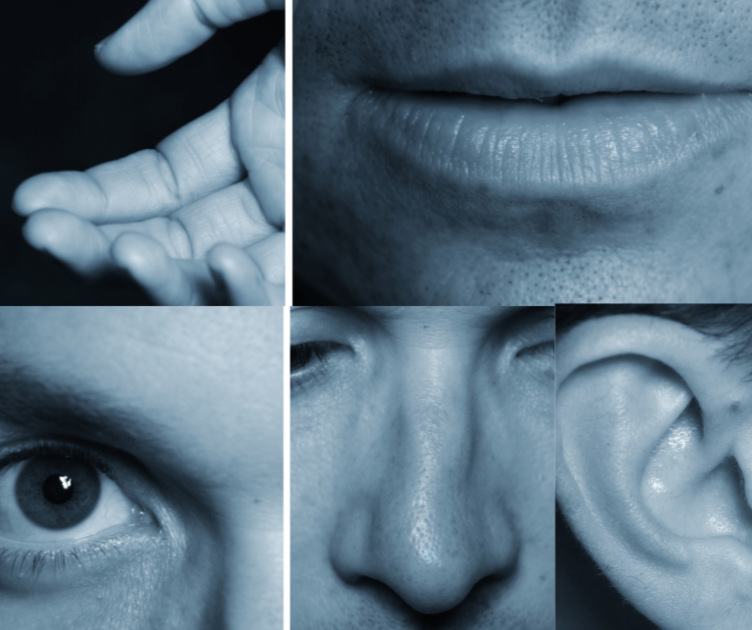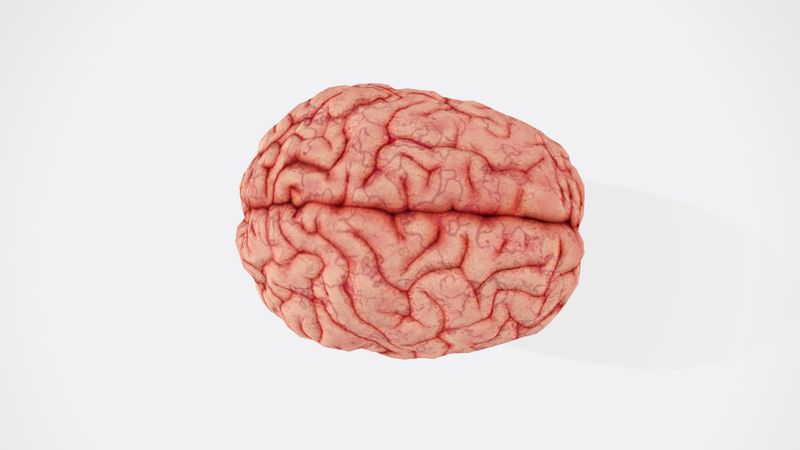
Ever wonder how your brain helps you get through life?
A super complicated organ, the brain has different regions that are specialized for different tasks! Specific regions of the brain are strongly associated with certain behaviors, senses, or neural activities.
Get to know yourself better by learning more about your own brain!
Major Regions of Your Brain

Let's dive into your brain by exploring its three major regions. These are called the hindbrain, midbrain, and forebrain.
Hindbrain
Your hindbrain, located near the base of your skull where your brain stem is located, is responsible for many important functions that work to keep you alive, such as:
breathing
heartbeat
Midbrain
You midbrain sits just above the hindbrain and works like a connection point between the hindbrain, and the forebrain. it is also involved in:
wakefulness
audio/visual processing
Forebrain
Your forebrain makes up about 85% of your brain area, and is what makes you, well... you!

It's responsible for many of the functions that allow you to think, like:
reasoning
personality
language
senses
planning
You and Your Forebrain
 Photo by BUDDHI Kumar SHRESTHA on Unsplash
Photo by BUDDHI Kumar SHRESTHA on UnsplashYour forebrain is responsible not only for your ability to keep your body functioning, but for thinking, intentional motor movement, and even your senses, like touch and vision!
Key areas of the forebrain are:
thalamus — the brain's "traffic" director, relays information from one part of the brain to another
hypothalamus — autonomic nervous system, especially related to hormones
limbic system — hunger or appetite, finding a significant other, and emotional responses like fight or flight
The outer layer of the forebrain is called the cerebral cortex

Quiz
You've just stumbled across a bear in the woods! What part of the brain will be associated with your response to the bear?
The 4 Lobes of Your Cerebral Cortex
Brain regions don't generally operate on their own. However, some brain areas have been highly associated with certain functions. Often, different areas work together to create a complex chain of connections that allow us to laugh, chat, plan, and even run a marathon.
One way to understand the different areas of your brain is to understand some of the main functions of the 4 lobes of the cerebral cortex:
Temporal Lobe
 Photo by Josh Rocklage on Unsplash
Photo by Josh Rocklage on UnsplashLocated near your ears, your temporal lobe is involved in hearing, recognizing, and using speech, and musical rhythm.
Occipital Lobe
 Photo by Kalea Jerielle on Unsplash
Photo by Kalea Jerielle on UnsplashNear the back of your skull, your occipital lobe can be thought of as your vision centre. Its main function is allowing you to see.
Parietal Lobe
 Photo by Paul Rysz on Unsplash
Photo by Paul Rysz on UnsplashYour parietal lobe, near the crown of your head, plays a large part in spatial relationships, like understanding where your body is in space. It's also associated with touch sensation and pain.
Frontal Lobe
 Photo by Kenny Eliason on Unsplash
Photo by Kenny Eliason on UnsplashYour frontal lobe is located near your forehead and is involved in functions like decision making, personality, impulse control, and problem solving.
Quiz
You were in the middle of running a race when you tripped and scraped your knee. What part of the brain has been working hard?
Take Action

And there you have it! A quick orientation to your brain — a three-pound organ responsible for everything that you do! While we've just scratched the surface of understanding your brain, take these next steps to practice what you learned, and learn more:
Your feedback matters to us.
This Byte helped me better understand the topic.
